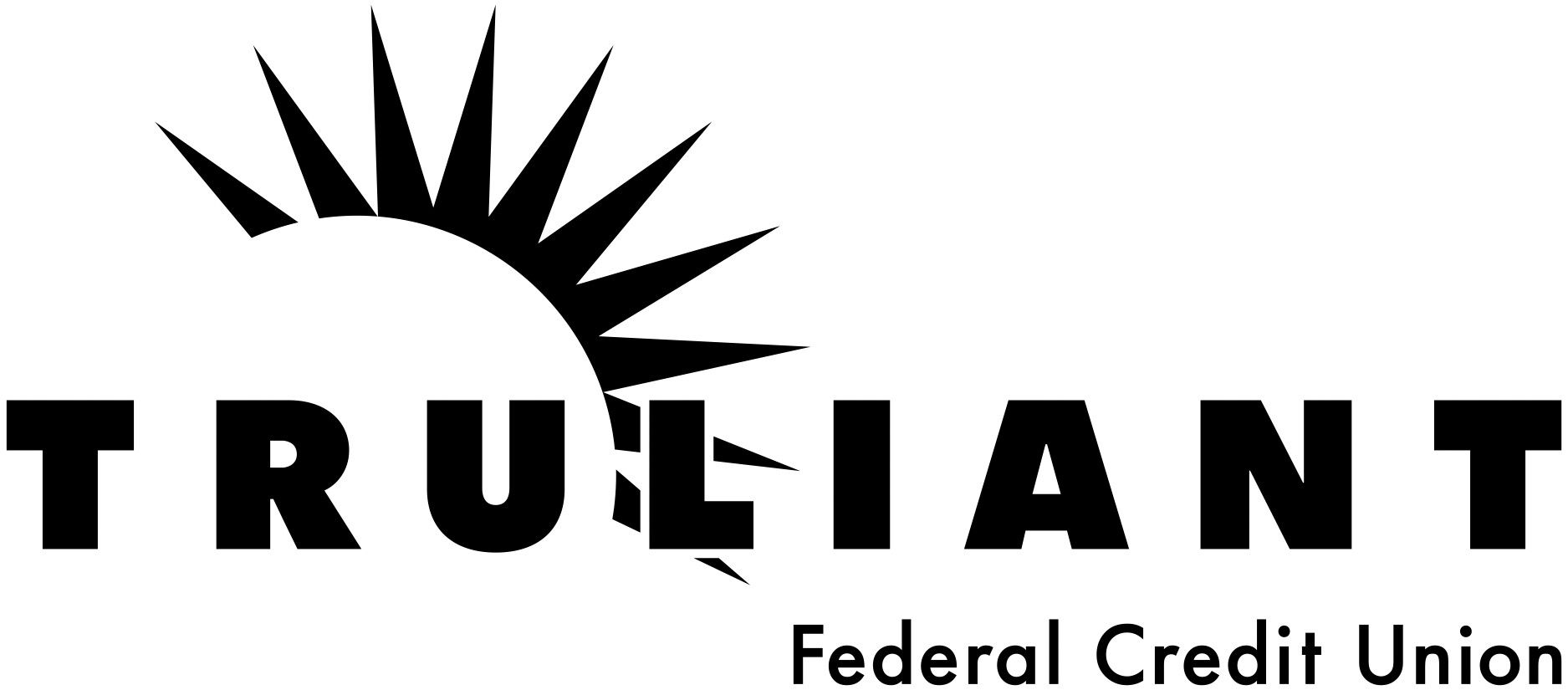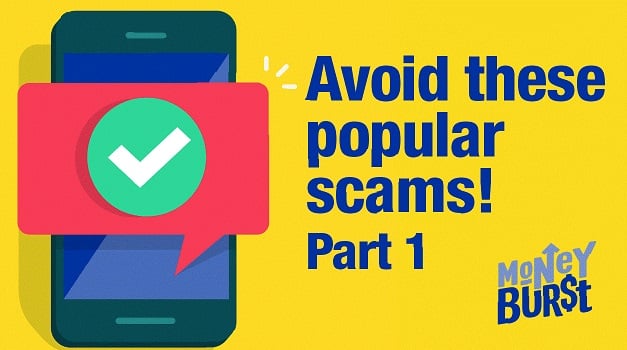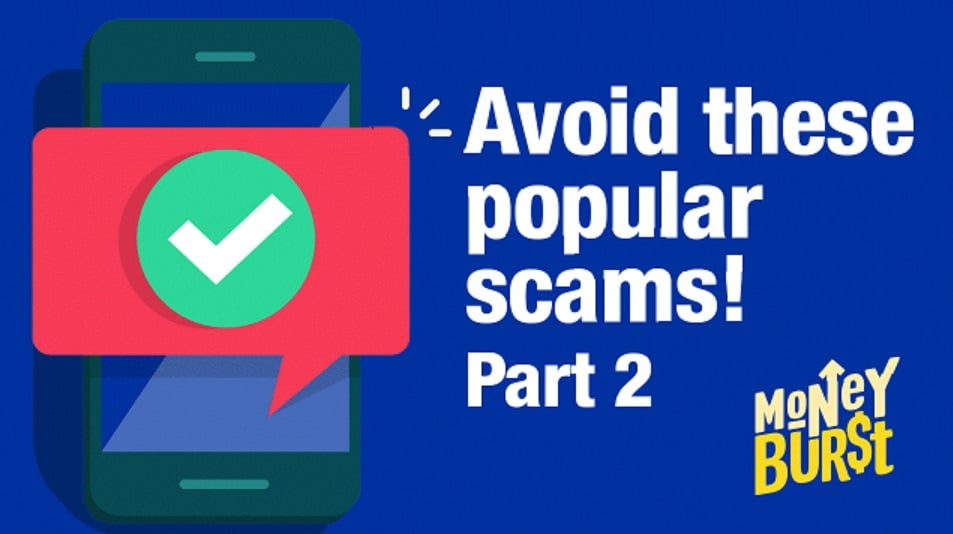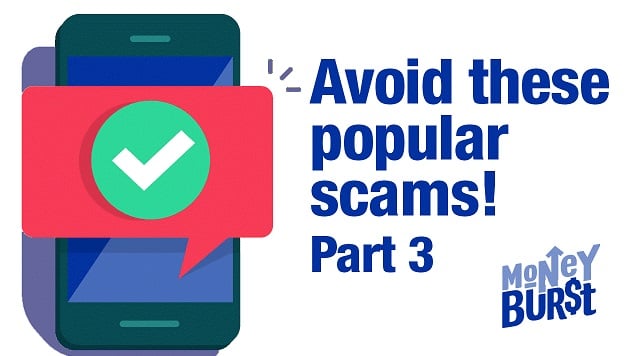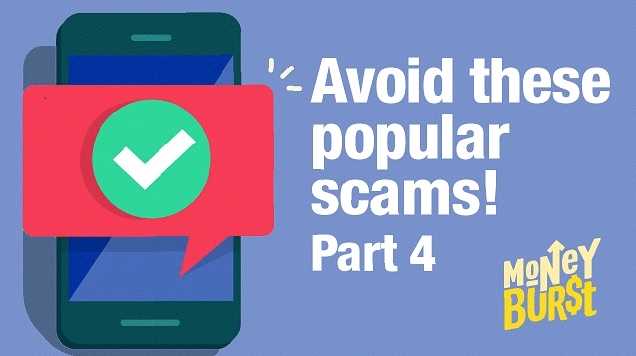Fraud and Scams
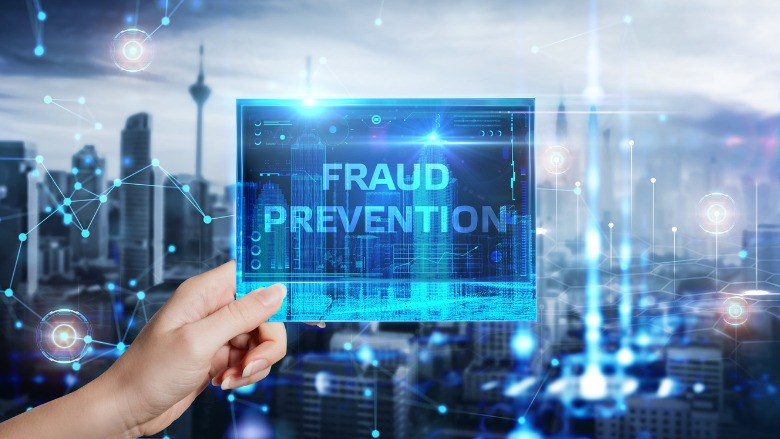
Online Security and Avoiding Fraud
Never provide your confidential banking or personal information to anyone other than a reputable merchant you trust. If you do, you risk being held responsible for any potential losses. If something doesn't seem legitimate, it probably isn't!
Truliant will never contact you unsolicited and ask for the following:
- Social Security Number
- Member or Account Number
- PIN Number
- Password
- Address
- Phone Number
There are many types of fraud that are constantly evolving year after year. However, the majority usually have several things in common: a victim’s good nature, a victim’s lack of banking/financial knowledge, and/or a victim’s poor financial situation. Remember, strangers don't give away money. If it seems too good to be true... it probably is.
If you believe you have fallen victim to any type of fraud relating to your account(s), please call us at 800-822-0382 as soon as possible.
Learn more about protecting yourself against fraud at the Federal Trade Commission.
Common Scams
Phishing is email fraud designed to deceive individuals into disclosing confidential information. It can potentially result in the perpetrator gaining access to the victim’s accounts and stealing their identity.
Common Phishing Emails:
- Requests to reset account information or provide sensitive details
- Unexpected emails with attachments or requests for personal information
- Messages regarding maintenance or account recovery
Read the full article.
Truliant will never ask for personal or account details via an unsolicited email.
For assistance, reach out to Truliant’s Contact Center at 800-822-0382. Your security is our priority!
Common Impersonation Scams
1. Government Agency Scams: Scammers pose as officials and threaten legal action to pressure victims for financial details.
2. Technical Support Scams: Fraudsters impersonate tech support and claim your device is infected, often requesting payment for "help."
3. Romance Scams: Scammers create fake profiles on dating sites to establish emotional connections and request financial help.
Awareness and proactive steps can reduce the risk of victimizing impersonation scams.
Read the full article.
Read the full article.
Types of Employment Scams:
- False Job Listings: Fake job postings to collect personal information or charge fees for training.
- Reshipping Scams: Victims receive stolen packages and are instructed to forward them, risking legal trouble.
- Advance Fee Scams: Applicants are asked to pay upfront for training or job placement services, which reputable employers never require.
Read the full article.
Scammers use a tactic called spoofing to disguise their identity in your caller ID. Spoofing makes it appear that an incoming call comes from a company or individual that you know.
By using scripts that sound authentic, scammers take advantage of your trust and try to steal personal information for fraudulent activity. Often, a sense of urgency is involved in their requests.
Don’t answer calls from unknown numbers and don’t return calls from numbers you can’t identify. Be careful about responding to requests asking to for personal information. Use caution if you are pressured for immediate information.
If you get an inquiry from someone who says they represent Truliant with an urgent request for information or money, check the phone number, hang up and call 800-822-0382 to verify the authenticity of the request. Truliant will never call you and ask for your PIN number.
Additionally, you may want to consult with someone you trust before making a big financial decision.
If you answer the phone and the caller - or a recording - asks you to hit a button to stop getting the calls, you should hang up. Scammers often use this trick to identify potential targets.
Scammers may threaten legal action if you do not send immediate payment, or claim you have to call a separate number to process a payment. This is a clue that the call may not be legitimate. Truliant agents will never use threatening language in a phone call.
You’ve probably heard the phrase, “Imitation is the sincerest form of flattery,” but when it comes to impersonating websites, this couldn’t be further from the truth.
Phony websites may look like a real version of a website, but in fact, they may be a resource for gathering account information or credit and debit card numbers. They are often tied to fake social media sites, emails, limited-time offers and ‘unbeatable’ deals.
Keep your accounts safe by paying close attention to web addresses to be sure you’re on your intended website. Watch for spelling errors and double-check that the customer service number is correct.
- Do not simply trust the look of an email: question the intent of the email. Is it ultimately asking you to verify or enter personal information?
- Before clicking on anything, check the email address of who sent it. If it doesn't look normal ([email protected]), it is likely spam or fraudulent.
- If you receive a suspicious email with a link from a known contact, confirm the email address is legitimate by calling or emailing the contact; do not reply directly to a suspicious email.
- Check for misspellings, poor grammar or incorrect domains within any links (e.g., if an address that should end in “.gov” ends in “.com” instead).
- Do not trust a website just because it has a lock icon or “https” in the browser address bar. Always carefully check the URL to be sure that you’re on the right website.

